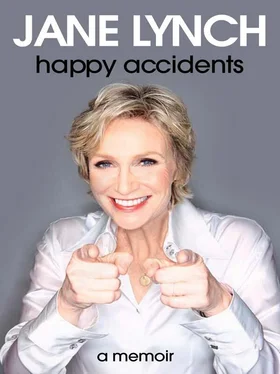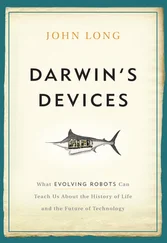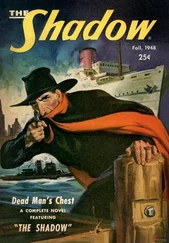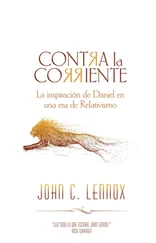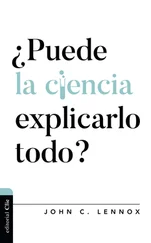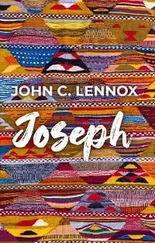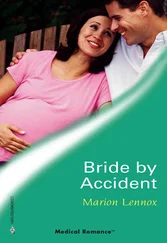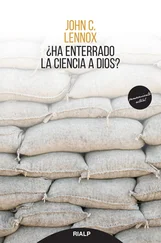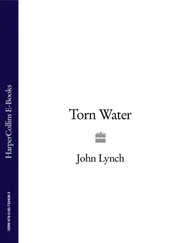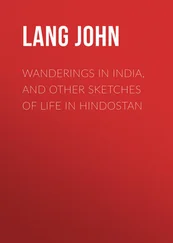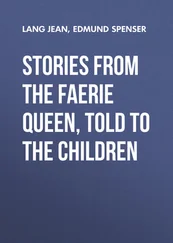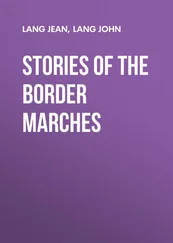Even though it had a middle-tier graduate acting program, Cornell was an elite Ivy League school. Some kids who had been high school valedictorians found themselves at the bottom of the class when they got there. There were many incidents throughout the years where really good students jumped to their deaths into the gorges that tore through the landscape of this otherwise delightful little hamlet. They couldn’t take their own perceived failures. It was called gorging out. I understood their pain.
I was all on my own here. I had made my decision to travel across the country for grad school by myself and for myself. I didn’t consult my parents; I just sort of presented it to them. I had a long-running fantasy of someone magically appearing to hold my hand and guide me through the building of a life and a career. However, this fantasy was up against a harsh reality: I was going to have to dig deep to find the gumption to make things happen. I had zero belief in myself and would have loved to have been saved from the work of it.
One particularly tough morning, when I was doubled over in existential angst, I called in to school sick and the secretary said, “No one calls in sick to this program. It’s not done. You get yourself in here.” I stayed home anyway. For a self-identified good girl and rule-follower this was an outrageously rebellious act. I spent that day obsessively straightening my bed and blowing and reblowing my hair dry. My insides might be a mess, but damn it if my outsides would be. That night, I called the campus gay and lesbian hotline. I think somehow I knew that I had to feel okay about who I was in order to feel like I fit anywhere, or to make anything of my life.
“I need to talk to somebody,” I said. They told me to go to the Apple Blossom Café, and a volunteer named Alice would meet me there. I loved the ABC Café. It was full of dirty vegetarians and hairy lesbians, so of course I was both attracted and repulsed.
And so I went to the ABC Café to meet Alice. She showed up, and I recognized her—she was a graduate student in the directing program. “Oh, hi,” she said. “I had a feeling you were gay.” We talked, went out and got drunk, and slept together that night. (For a volunteer, she clearly went above and beyond.)
This might have ended up being a happy story of finding new love … but it wasn’t. I liked Alice okay, but she committed the cardinal sin of liking me more. I couldn’t deal with the attention—it made me want to punish her.
So I did. I ignored her phone calls, acted cold when we saw each other, and generally pretended that first night had never happened. It was like the old Groucho Marx maxim: never belong to a club that would have you as a member. I saw her a couple of weeks later, and she was with someone else. I was still a mess.
I LOVED THE CONSERVATORY-STYLE TRAINING AT CORNELL. For a depressed person in her early twenties like me it would become the perfect remedy: up at the crack of dawn with fencing or dancing, working until late at night on rehearsal for whatever play we were doing.
I forgot about myself and I focused on the characters I played. I discovered one of the great, unexpected gifts of learning to act: all the characters ever written are already inside you. It’s just a matter of accessing them and bringing them forward. And having no fear of the dark side.
Seein’ witches as Mary Warren in The Crucible.
Case in point:
Stuart White was an amazingly talented guest director from New York City. I met him early in my first semester. He came to Cornell to direct a Reynolds Price play called Early Dark. He cast me as Rosacoke Mustian, a young girl who loses her virginity when the man she loves violently rapes her. On stage.
This blew my mind. This character was nothing like me. I had never fallen in love with a guy, never slept with a guy, never been thrown around by anyone. I didn’t know what it was like to live in the South during the Depression. I had no idea what it was Stuart White thought he saw in me to make him say, “Yep, she’s the one.” This was also the very first time I had been given the role of a character whose emotional arc was the center of the play. This experience would push me further than I’d ever been pushed.
Stuart probably knew all of this, but he could probably also see the vulnerability I was always trying to hide from the world: my fear of failure and not being good enough. This lined up nicely with Rosacoke’s fear of being stuck in the generational poverty and pain of her world. He believed that if I could dig deep enough, I could tap into what I needed to bring this young girl to life.
Stuart knew what he was doing. He would take me for long walks, and we would talk. I started to confide in him, and when I told him I was a virgin (I hadn’t been with a guy, so I thought the term still applied), he almost cried. “That is so sweet!” He was from the South and these were his people. Stuart urged me to see that depth and virginal innocence in me as something I could use creatively. I just had to be strong enough to allow myself to be vulnerable. Great lesson. For art and for life.
The whole time Stuart was directing us in Early Dark, he was sick. “I can’t seem to shake this cold,” he’d say, just about every week. I didn’t think anything of it until one night when I mentioned it to Chris on the phone.
“Oh my god,” Chris said. “He may have AIDS.”
At that time, the early 1980s, AIDS was this mysterious new illness. It was the first I’d heard of it, though it wouldn’t be long before it would decimate the gay male community.
About a year later, when I heard the news that Stuart had died from AIDS-related complications, I was devastated. What a loss.
I DID A LOT OF DRINKING DURING THIS TIME. I HAD company, because we all did. But at least to me, in my own private Idaho of pain, my drinking was different. Unlike the social drinking my friends did, getting to my “first today, badly needed” was compulsive and all-consuming.
I had all four of my impacted wisdom teeth taken out while I was at Cornell, and I couldn’t drink for a while after the surgery because I was wiped out. I realized then that I had boozed it up every single day since my senior year of high school. I drank specifically to get drunk. I’d think nothing of tossing back a six-pack of Miller Lite—anything to get that merciful buzz. Although sometimes the buzz wouldn’t come and I’d just feel bloated.
I wanted to feel good. I just wasn’t sure how to make myself happy, and I wished someone else would get me there. I started spending a lot of time with another grad student, named Hugh. He was a smart, self-deprecating, easygoing guy. We’d go out for dinner at the ABC Café, and he’d look over the vegetarian menu and then order a “rib eye, medium rare.” The humorless vegetarians and bearded lesbians didn’t find it funny. But Hugh cracked me up.
We’d go out to bars and drink, or we’d drink at home, or on some nights, we’d do both. Hugh had some culture, so I started drinking more exotic beers like Heineken, smoking Turkish cigarettes we rolled ourselves, and drinking flavored coffee. No more Folgers. Hugh was a wonderful friend, and I told him everything, including about my relationships with women. He was cool with it.
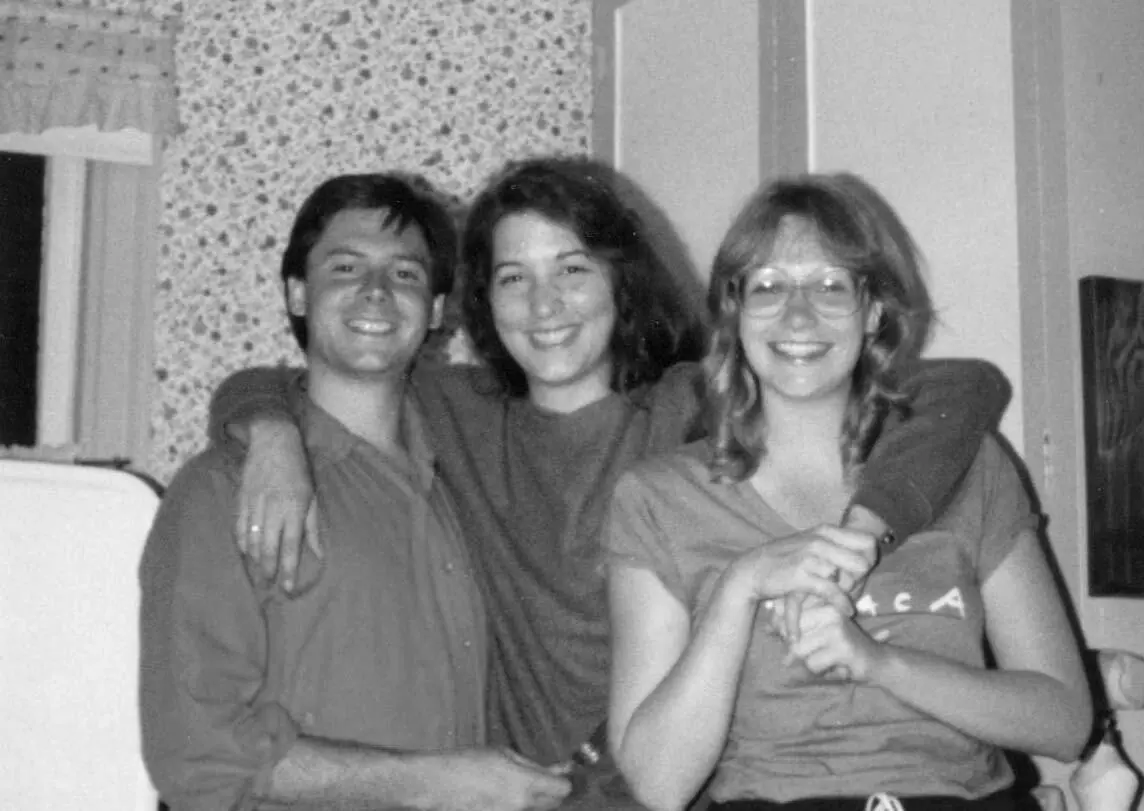
Hugh in the blue shirt I wish I’d kept. It looked better on me. With Beth, my roommate.
My roommate was moving out, so Hugh moved in. We became inseparable and even started wearing each other’s clothes. I loved spending time with him, but when he started to fall for me, things changed.
Читать дальше
